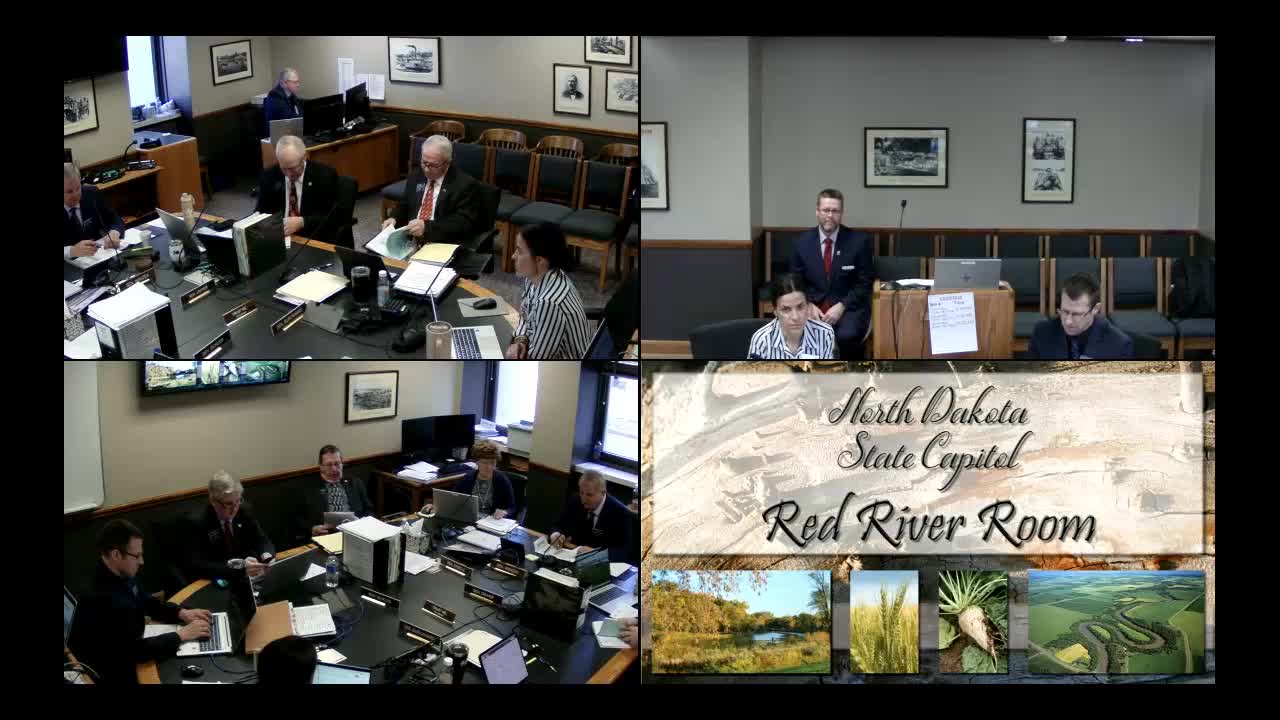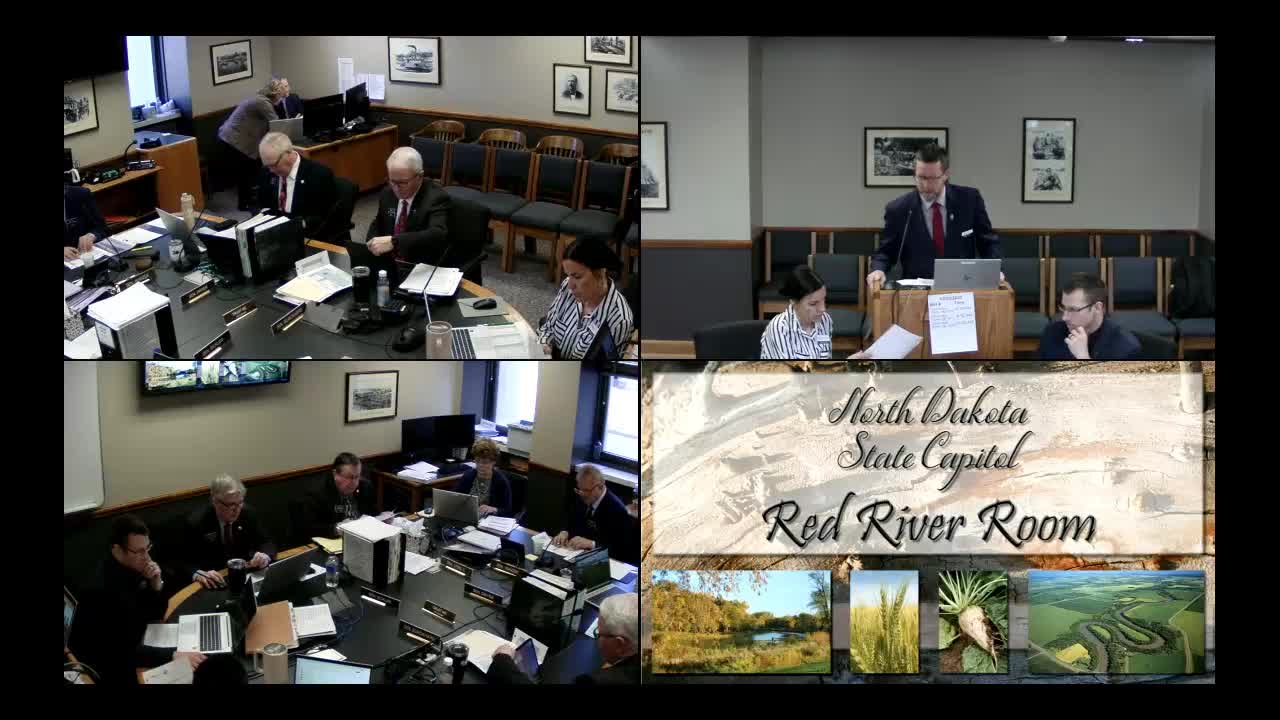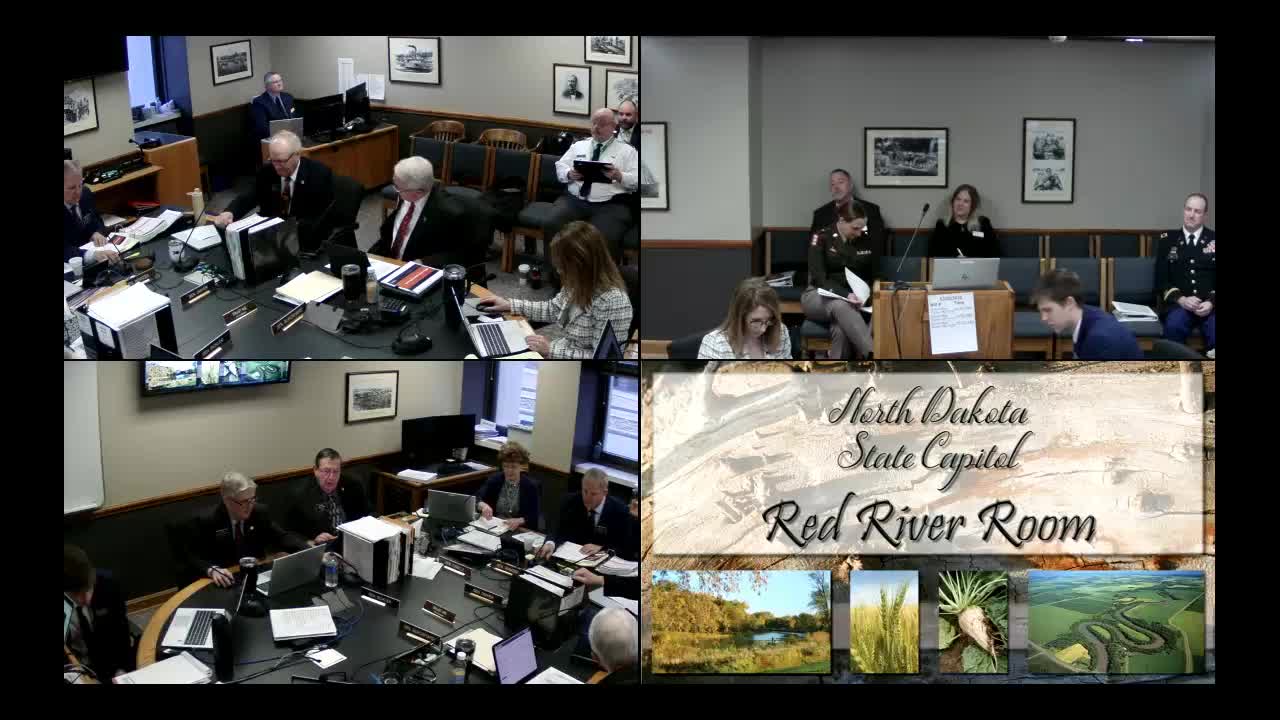Article not found
This article is no longer available. But don't worry—we've gathered other articles that discuss the same topic.

Senate committee hears Agriculture Department budget; plant‑protection FTE, fleet costs and food‑pantry protein request discussed

Senate panel restores $265,500 for Game and Fish temporary hires, approves budget as amended

